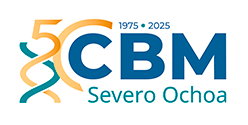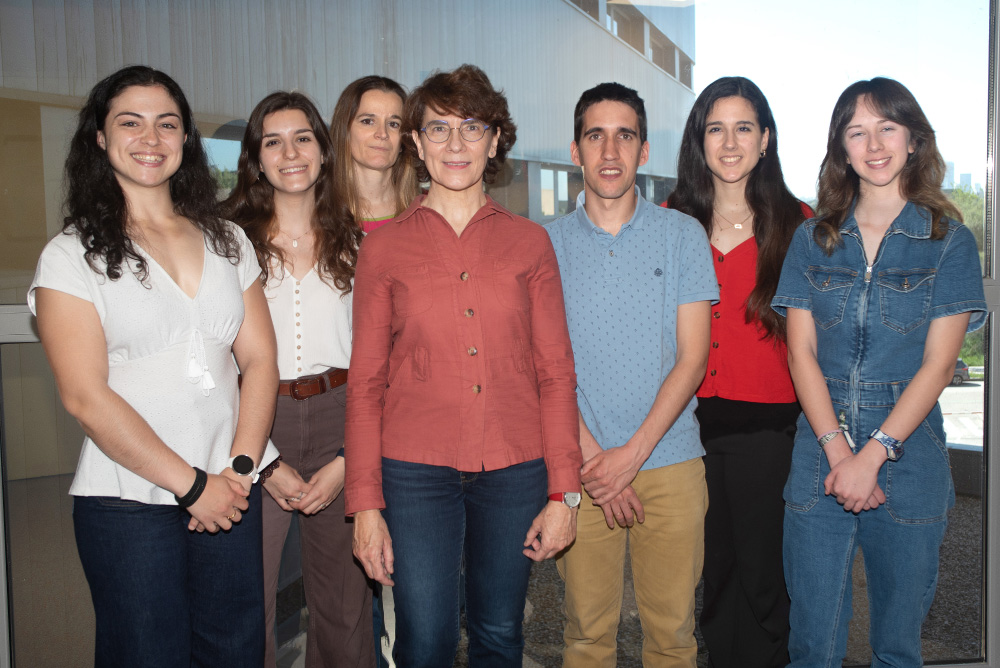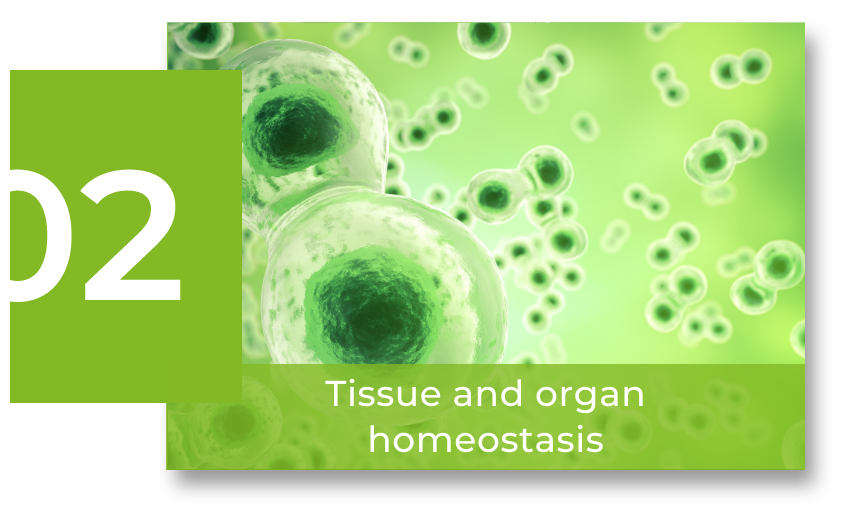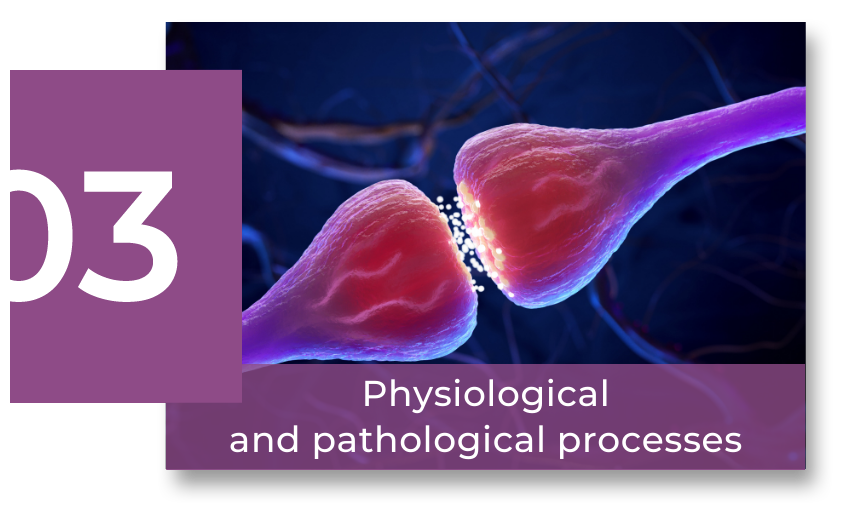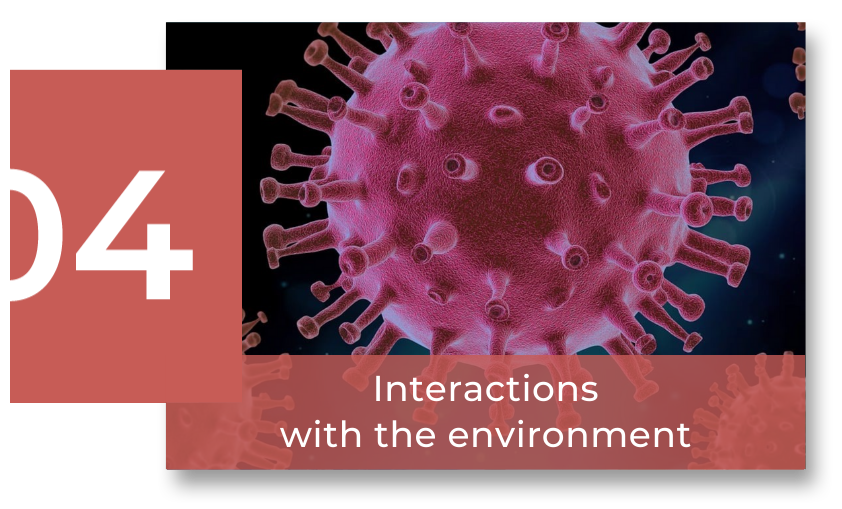Scientific Program
Physiological and pathological processes
RESEARCH GROUP
Lipids in neuronal physiology and pathology

María Dolores Ledesma Muñoz
How lipids contribute to brain physiology and pathology? Using techniques of cell and molecular biology, biochemistry, electrophysiology and behavior in mice and human cells with altered lipid metabolism, we aim at understanding the role of lipids in brain physiology and the pathological molecular mechanisms underlying lipid storage neurodegenerative diseases assessing strategies to prevent them.
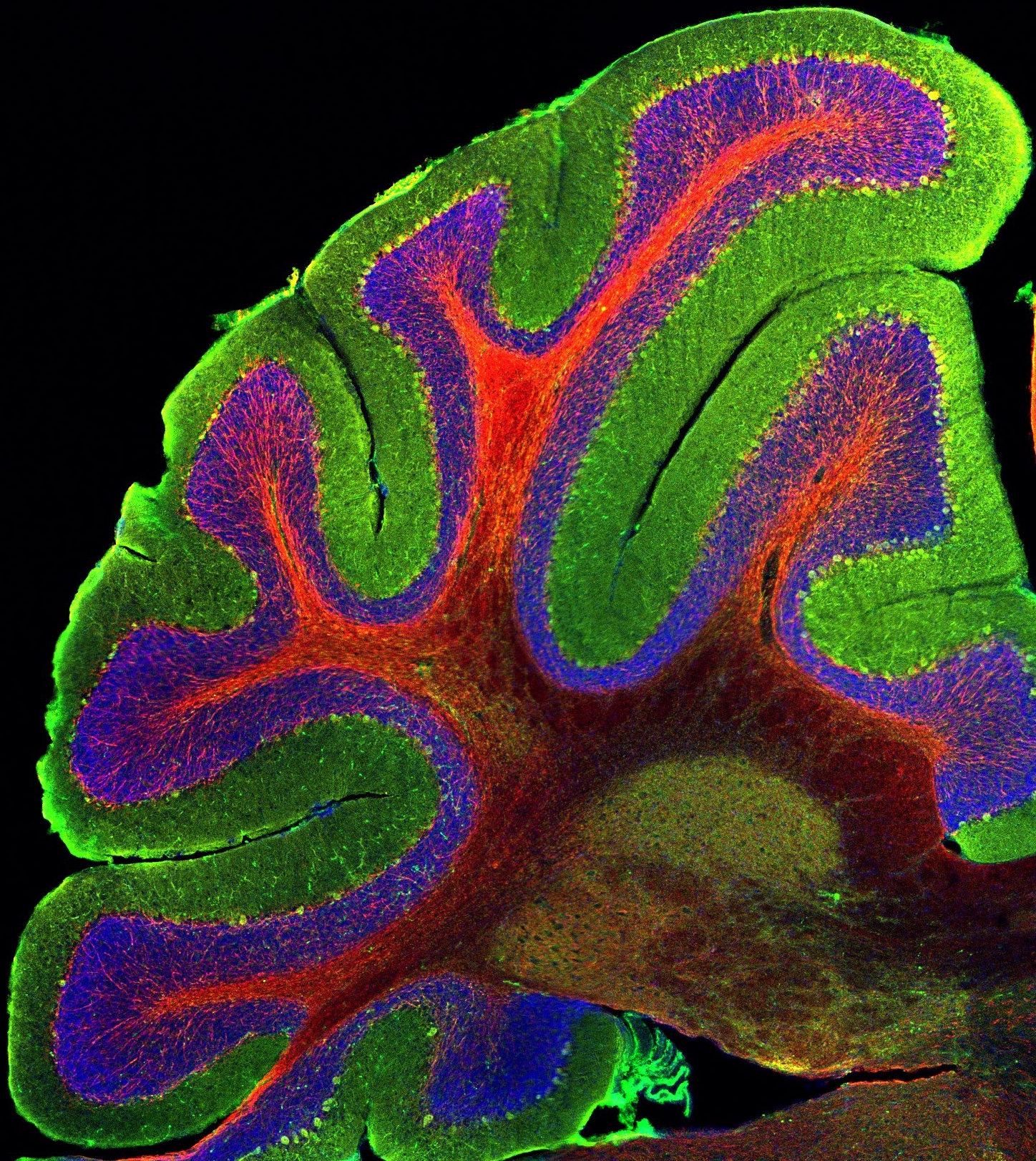
Research
Our laboratory is interested in understanding the role of lipids in neuronal physiology and pathology. In addition to having a key structural role in membranes, lipids contribute to cell signaling and modulate the function of many proteins including those in synapses. Membrane dynamics is essential for synaptic transmission. The fact that most lipidosis cause cognitive defects and mental retardation evidences the relevance of lipids in synaptic plasticity. We focus on the analysis of sphingolipids and cholesterol, which are particularly enriched in neurons. As experimental models we use mice in which enzymes related to the metabolism of these lipids, or to their transport, have been genetically altered.
These mice mimic fatal lysosomal storage disorders, such as Niemann pick types A and C, which lead to neurodegeneration, cognitive and psychiatric problems. The lipidic alterations we have found in these mice are similar to those reported in aging brains and may contribute to the cognitive decline that occurs as we age. In addition to the contribution to synaptic plasticity, research in the group has unveiled relevant roles of sphingomyelin and cholesterol in cellular processes such as autophagy, calcium homeostasis, or the establishment of axonal polarity in neurons as well as in microglia activation and oligodendrocyte differentiation. We preclinically assess pharmacological and genetic therapies to prevent/revert the consequences of lipid alterations. Recently, we are implementing in the lab the use of inducible pluripotent stem cells (iPSCs) from patients of lipidosis, and cerebral organoids to study lipid metabolism in the human context. The translational side of our research allows the generation of patents, the collaboration with pharma companies, the contact with patient associations and the participation in clinical trials. With our work we hope to contribute to understand and treat neurological diseases from childhood like Niemann Pick as well as neurodegenerative diseases related with aging such as Alzheimer.
Group members

María Dolores Ledesma Muñoz
Lab.: 202 Ext.: 4535
dledesma(at)cbm.csic.es

Carmen Ortega Plaza
Lab.: 202 Ext.: 4597
cortega(at)cbm.csic.es

Ángel Gaudioso Guirado
Lab.: 202 Ext.: 4597
angel.gaudioso(at)cbm.csic.es

Violeta Enríquez Zarralanga
Lab.: 202 Ext.: 4597
venriquez(at)cbm.csic.es

Elena Melgarejo de la Peña
Lab.: 202 Ext.: 4597/4535
emelgarejo(at)cbm.csic.es

Inés Cabrera Martorell
Lab.: 202 Ext.: 4597
icabrera(at)cbm.csic.es

Claudia Yunru Chen
Lab.: 202 Ext.: 4535
Selected publications

Adeno-associated viral vector serotype 9-based gene therapy for Niemann-Pick disease type A
Lluis Samaranch et al.

Lipid-induced lysosomal damage after demyelination corrupts microglia protective function in lysosomal storage disorders
Enrique Gabandé-Rodríguez et al.

Inhibition of fatty acid amide hydrolase prevents pathology in neurovisceral acid sphingomyelinase deficiency by rescuing defective endocannabinoid signaling
Adrián Bartoll et al.

Sphingomyelin 16:0 is a therapeutic target for neuronal death in acid sphingomyelinase deficiency
Ángel Gaudioso et al.
